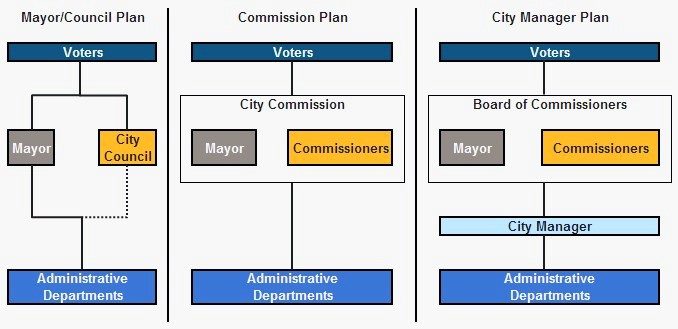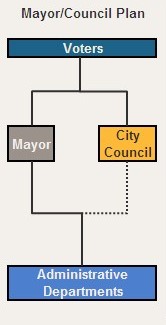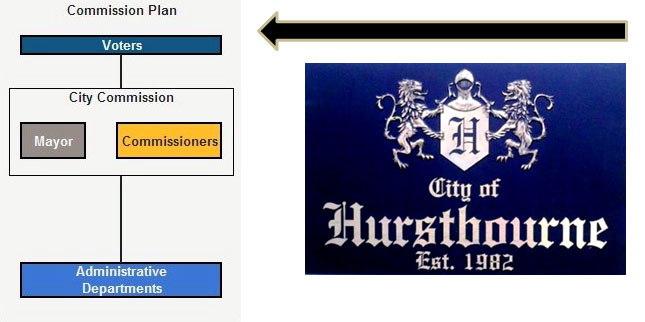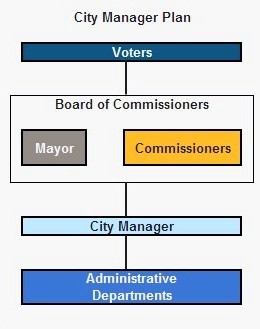Hurstbourne City Government



The settlement of the area known today as Hurstbourne dates back to post-revolutionary war times.
In 1965 the community of Hurstbourne was planned and developed.
September of 1982 Hurstbourne was incorporated as a Kentucky City.
ESTABLISHMENT OF THE CITY OF HURSTBOURNE AS A CITY

On August 12, 1982, a judgement was entered to incorporate the City of Hurstbourne as a fourth-class City. That judgement also appointed Hurstbourne’s first Mayor and Commissioners.
CITY IS ORGANIZED AS A “COMMISSION” FORM OF GOVERNMENT
As part of the incorporation, the City was organized to operate as a “Commission” form of Government under established Kentucky Revised Statutes.
THREE FORMS OF MUNICIPAL GOVERNMENT IN KENTUCKY
In Kentucky there are three forms of Government under which local municipalities may organize and govern themselves. The three models are: Mayor-Council, Commission, or City Manager. Although the mayor-council form is the most prevalent, each form has specific advantages for different needs facing cities.

MAYOR-COUNCIL PLAN

The Mayor-Council Plan operates much like any executive-legislative form of government. The council, as the legislative body, performs legislative duties such as enacting ordinances, levying taxes, and adopting a budget. The mayor holds executive powers such as vetoing legislation, overseeing personnel and managing the daily affairs of the city. The mayor may also vote to break most ties in council meetings. Around 53 percent of Kentucky cities use this form, and all have between six and 12 council members.
COMMISSION PLAN

Cities that have a Commission Plan form of government (City of Hurstbourne) still elect a mayor, but the mayor serves, participates and votes as a member of the city commission. Each city under a commission form of government elects four commissioners (instead of council members) and one mayor, all of whom constitute the city commission. The commission collectively holds both executive and legislative authority. Around 42 percent of Kentucky cities operate under the commission model.
Under the Commission Plan form of Government, the Mayor serves as an equal member of the Commission. Each elected member of the body has an equal vote – in other words, majority rules. The full Commission legislates and manages the City on behalf of its citizens.
The Commission also appoints each Commissioner with departmental supervisory responsibilities.
They are as follows:
Commissioner over General Government
Commissioner over Public Works
Commissioner over Public Safety
Commissioner over Code Enforcement and Sanitation
The Mayor is responsible for running Commission meetings, signing contracts and has an equal vote
COMMISSION PLAN – WITH A CITY ADMINISTRATIVE OFFICER (C.A.O.)
Another distinction in the management of a City is the appointment of a C.A.O. (City Administrative Officer) by the Commission to serve as the “day-to-day” manager of the City on behalf of the Commission. The C.A.O. is delegated such duties in accordance with KRS law. KRS 83a.140 describes delegation of responsibility for overall supervision to a C.A.O.
The City of Hurstbourne Commission appoints a C.A.O. to manage the operations of the City.
CITY MANAGER PLAN

The City Manager Plan form of government largely resembles the commission plan, in that the city elects four commissioners and a mayor to serve on the board of commissioners. The board of commissioners appoints a city manager who acts as the chief administrative officer for the city. This individual is a professional who is employed by the city to run the operational affairs of the city on a day-to-day basis. While only about 5 percent of Kentucky cities use a city manager plan, over half of the second and third class cities are governed by it.
LOUISVILLE AND LEXINGTON
Louisville operates under a unique consolidated local government plan, and Lexington operates under an urban county government form. Although each plan is different, they both closely resemble a mayor-council form of government. Charter County and unified local government plans are also in state statutes, but no cities and counties have adopted these plans.
